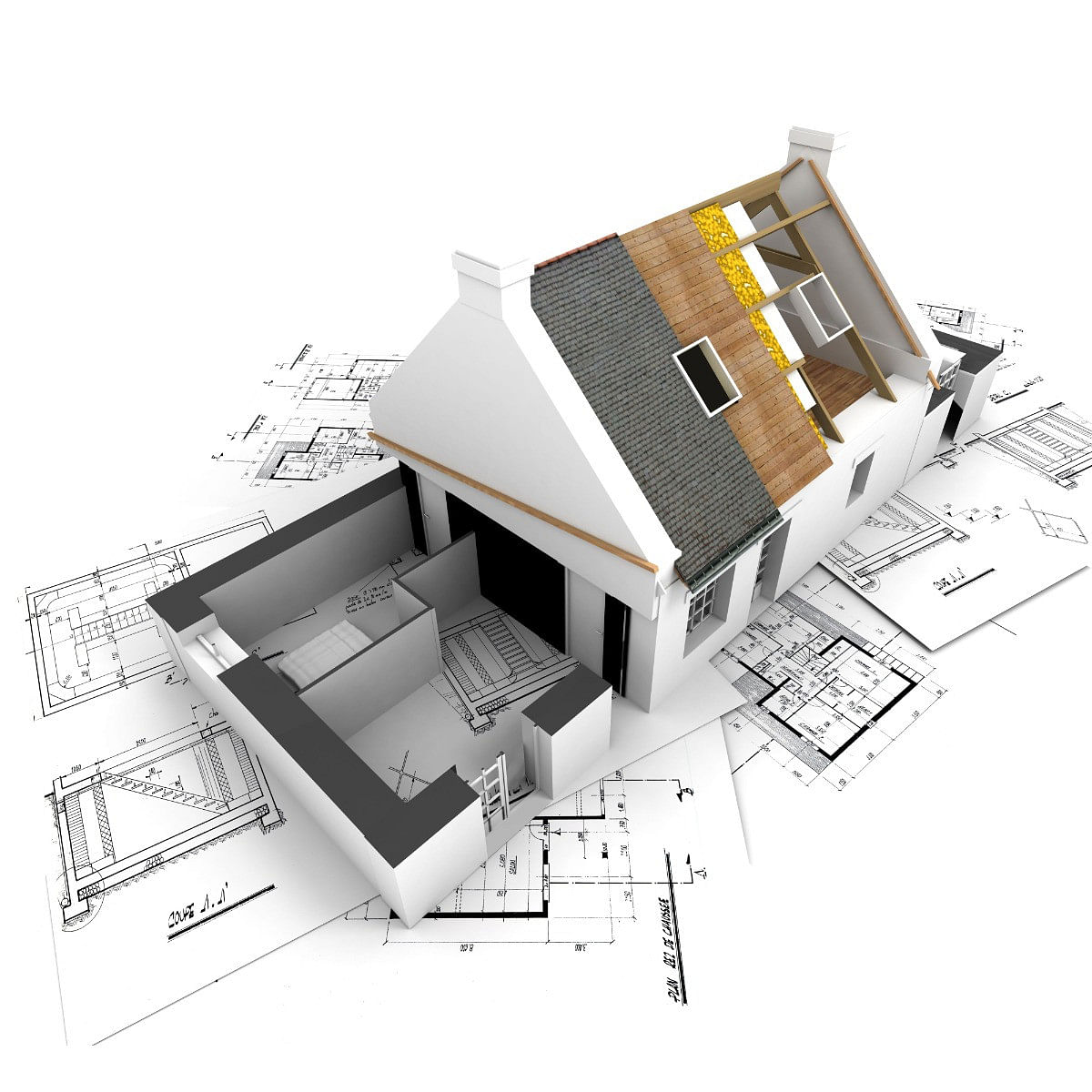
Parts of Roofing System
What Are the Different Layers of a Roof?
One of the most crucial aspects of a home, which is often overlooked, is the roof. At Martin Pitts Construction, we understand the significance of a roofing system, and we believe that every homeowner should too. We’ve put together some of the essentials about roof layers designed to shed light on a topic that is integral to your home’s health and safety.
When it comes to roofs, most people only see the surface: the shingles, tiles, or metal that make up the outermost layer. However, a roof is much more complex than what meets the eye. It's like an onion in that it consists of multiple layers, each serving a unique purpose and all working together to protect your home from the elements.

Layer 1: Roof Covering
The first layer is the roof covering, which includes shingles, tiles, slate, or metal. This layer is the first line of defense against the weather. It's designed to shed water away from the roof, protecting the underlying layers from rain, snow, and other elements.
Layer 2: Underlayment
Underneath the roof covering is a protective layer known as the underlayment. This is a water-resistant or waterproof barrier, often made from synthetic materials or felt paper, that provides an extra level of protection against leaks and water damage.
Layer 3: Roof Deck
The roof deck, or sheathing, is the foundation on which the rest of the roof is built. It's typically made of plywood or oriented strand board (OSB) and is attached directly to the roof trusses or rafters of your home.
Layer 4: Roof Structure
This layer includes the rafters and trusses that provide the structural support for the roof. These are the bones of the roof, holding up the roof deck and transmitting the weight of the roof to the walls and foundation of the house.
Layer 5: Insulation
Insulation is a vital layer that helps maintain the temperature inside your home. Typically installed between the rafters, it reduces heat transfer, keeping your home warmer in the winter and cooler in the summer.
Layer 6: Ventilation
Roof ventilation is critical for maintaining the longevity of your roof and the health of your home. It allows air to circulate, preventing moisture buildup and heat accumulation, which can lead to roof deterioration and mold growth.
Layer 7: Ceiling
The final layer is the ceiling of your home. This isn't always considered part of the roof, but it's crucial in creating an indoor environment that is comfortable and aesthetically pleasing.
Understanding the Different Layers of a Roof
Each layer of a roofing system serves a unique purpose, working together to protect, insulate, and maintain the structural integrity of your home. At Martin Pitts Construction, we take pride in our comprehensive knowledge of roofing systems and our commitment to quality craftsmanship. Whether you're in need of a simple repair or a complete roof replacement, we have the skills and experience to ensure a job well done. Reach out to us today via phone or email to learn more about our nearby roofing services and schedule a free consultation!



